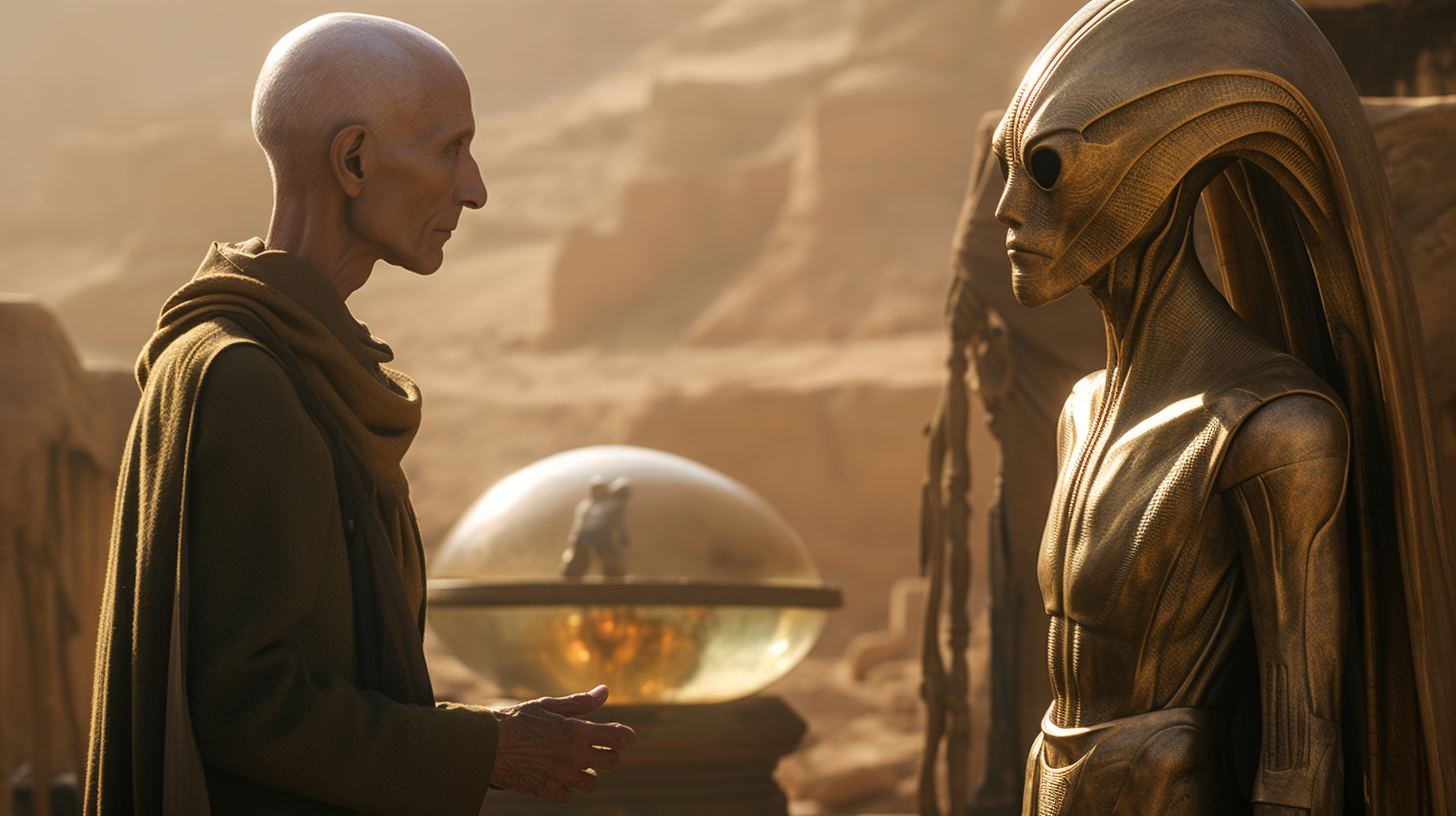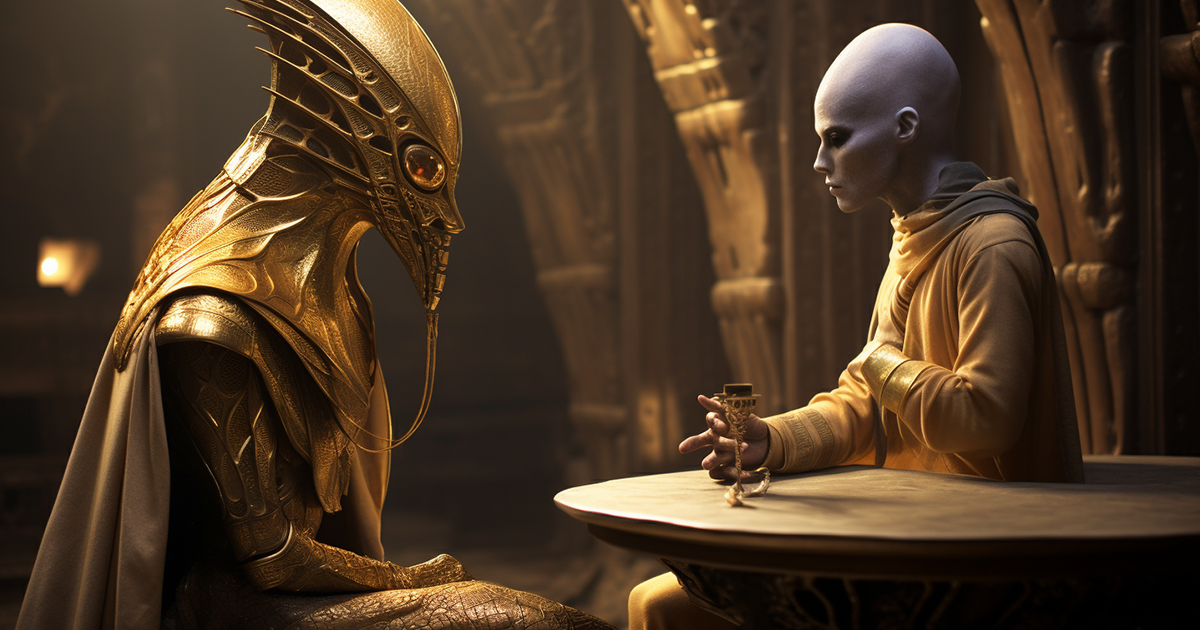Since the inception of humanity, the questions surrounding our origins have captivated the realms of religion and science. Utilizing the scientific method, science delves into uncovering evidence, while religion takes a different route by assuming the presence of a divine being when approaching the same inquiries. Despite their divergence, both domains ultimately converge in the pursuit of truth.
In a groundbreaking revelation back in 2013, researchers at the University of Tubigan revealed their successful decoding and sequencing of DNA extracted from ancient Egyptian mummies. The exceptional preservation of DNA in these mummified remains sparked intriguing possibilities. Could advancements in technology one day facilitate the revival of long-gone individuals? Although the process would pose substantial challenges, the potential remains undeniable. The concept of resurrection holds deep roots in various religions, often intertwined with notions like the Rapture, Day of Judgment, or Apocalypse.
The return of deities or divine beings, as foretold in ancient religious scriptures, raises contemplation on whether these prophecies could align with a future where humanity unlocks the enigma of resurrection. Might the apocalyptic scenarios described in religious texts signify an era where humans attain the ability to traverse between the physical and spiritual realms? Certain ancient astronaut theorists theorize that extraterrestrial entities may have assisted in enlightening humans on transforming their physical forms into a celestial state.

An intriguing connection is suggested between extraterrestrial beings, angels, and near-death encounters, hinting at a future where the veil separating realities could lift, enabling direct transitions between the realms of the living and the afterlife. Rather than evoking fear, this concept could spark joy, indicating that we are not solitary in this journey, and otherworldly beings might guide us along our path.
The pursuit of unraveling the age-old question of our beginnings uncovers a profound convergence of science and religion. While science abides by the scientific method and religion rests on faith in a divine being, both aim for truth. pivotal moments like the Big Bang serve as common ground for these parallel exploratory journeys.
Reincarnation, a belief embraced by over 1.5 billion individuals globally, adds complexity to the quest for significance. Eastern philosophies and the kabbalistic branch of Judaism welcome the idea of souls undergoing multiple reincarnations to fulfill specific purposes. In contrast, early Christian views on reincarnation were later deemed heretical, leading to the notion of an ultimate destination – heaven or hell – based on one’s earthly deeds.
Sages like Socrates, Pythagoras, and Plato from ancient Greece all pondered the concept of reincarnation, with Plato expressing optimism in the continuation of life beyond death. The belief in reincarnation extends beyond Earth; some envision it transcending planetary confines, spreading across the vast universe.
The Book of Enoch, a significant text across various faiths, contains prophecies hinting at the return of a divine figure to Earth after millennia. This theme of divine beings making a comeback resonates in many religions such as Christianity, Islam, and Hinduism, symbolizing a fresh start and a renewed connection with the divine.
Could these sacred religious texts harbor cryptic messages about extraterrestrial involvement on Earth? Do these prophecies prepare humanity for a future where we embrace a profound new reality bridging the gap between science and religion, unveiling the ultimate truth of our existence? As we persist in exploring the mysteries encircling our beginnings, the borders between these two domains of thought may blur, revealing a deeper comprehension of our cosmic position.
